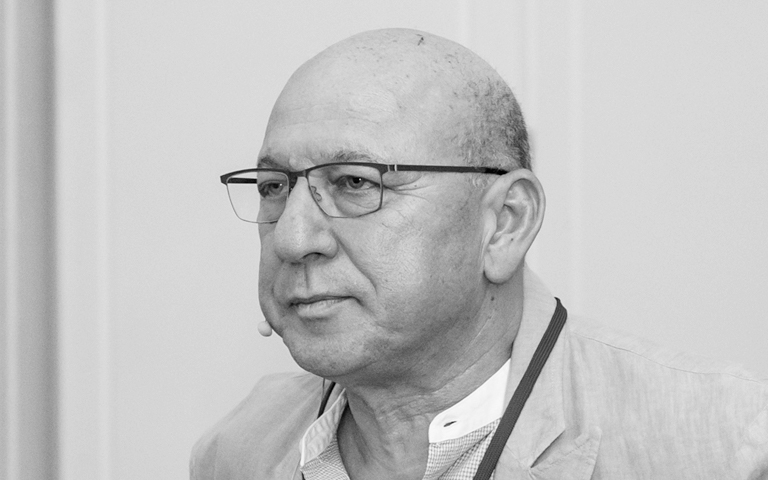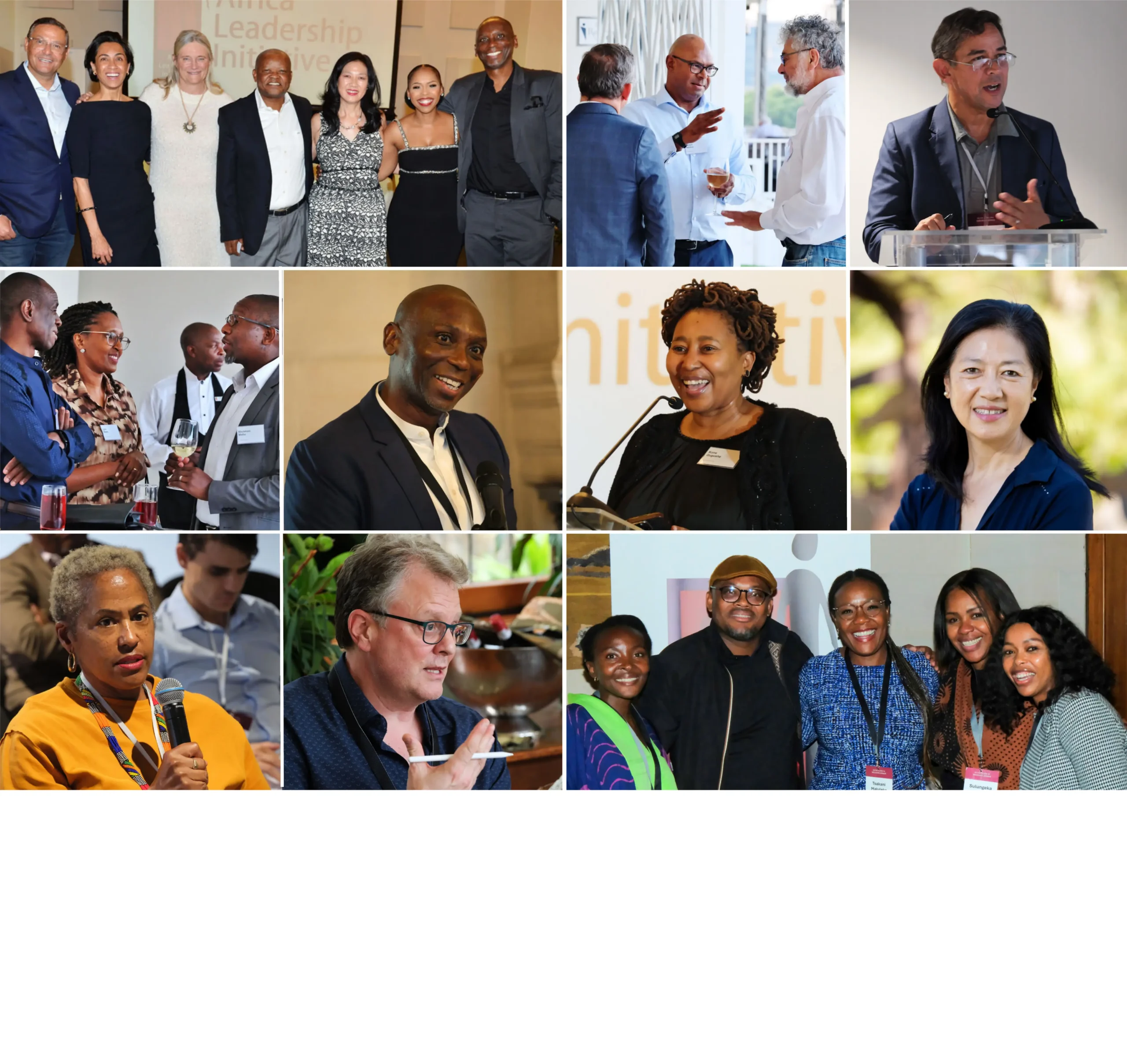
“Society is a partnership between those who are living, those who have passed, and those who are to be born.” – Edmund Burke. “There’s a continuum of responsibility,” says Trevor Manuel.
Our political life, Manuel reflects, has failed to acknowledge this. In the post-democracy era, we have twice taken steps to maintain the aged cohort of leadership. The first time, of necessity, was when Oliver Tambo handed over to Nelson Mandela; the second – more wilfully – was when Jacob Zuma took over from Thabo Mbeki. “And so we have fallen behind,” Manuel says. Just as in nature, a larva must metamorphise into a moth, and a tadpole must become a frog, so society must transform. But how?
The Constitution, Manuel believes, is just a starting point. Referring to Yuval Harari’s comment in 21 lessons from the 21stcentury, that humans have always been better at building tools than at using them wisely, Manuel commented that the constitution is a tool, one that we’ve crafted in the most beautifully accessible language – but still, we appear not to know how to use it. For instance, it binds us to 11 official languages, “but today you’d struggle to find a version of it printed in any language other than English or Afrikaans.”
In his talk, which was woven through with sadness and occasional flashes of anger about the failure of our young democracy to build on the ideals and ambitions of the Constitution, Manuel took the Fellows through a spotlit view of the last decade – the hard decisions that gave the economy the leg-up it needed; the power-play at Polokwane that set the country on a disastrous political path; the moral bankruptcy as manifested in the theft of money destined for the funeral of Madiba. Speaking of the systematic destruction of government competence, he said. “I’ve sat and listened as people I worked with for many years wept in describing how key competencies were removed, consciously. And many people won’t go back.
“How do you [re]build a state as an organ capable of delivering on the vision of the constitution?”
But before that question, even, comes the question of healing. “I can’t find a more concise and apt description of this transition we’ve been on”, he said, than the words of Ben Okri, in delivering the 2012 Steve Biko Lecture at the University of Cape Town:
“Nations too, like individuals, need to heal. And healing takes several forms.”
“For some, healing is probing the wounds, seeking causes, pursuing redress.”
“For others, healing is dreaming, it is an active vision during which time a future is dreamed of, shaped and put into place. For them healing is an opportunity to transform themselves out of all that suffering, all that trauma, and the heroic effort of all that overcoming.”
“The unfortunate thing about history is that it gives us no rest, no holidays. There are no pauses; we go from struggle to struggle. The struggle to overcome and then the struggle to live, to grow, to realise the potential seeded in our bones.”
“We go from tearing down the unacceptable to building the desirable without much of a break in the dance.”
South Africa, said Manuel, never stopped to heal; “we never stopped to try and find out how we reboot, we just kept going. So now, 24 years later, the cleavages defined by apartheid, by racism, by gender and geography, remain. The vast inequalities remain in society. There is even a sense that they have widened.”
“It’s a very pertinent question to ask of a generation of leaders like yourselves,” he said, addressing the Fellows: how do we heal? How do we rebuild? How do we reboot? Tony Judt in Ill Fares the Land makes, Manuel says, a key point: “It has become commonplace to assert that we all want the same thing, we just have slightly different ways of going about it.
“But this is simply false. The rich do not want the same thing as the poor. Those who depend on their job for their livelihood do not want the same thing as those who live off investments and dividends. Those who do not need public services—because they can purchase private transport, education and protection—do not seek the same thing as those who depend exclusively on the public sector…”
“If we remain grotesquely unequal, we lose all sense of fraternity.”
How, Manuel asks, do you create a sense of solidarity when the basis for solidarity – common action – no longer exists? How do we establish common purpose and mutual dependence? How do we construct social cohesion?
Manuel does not claim to have the answers. “It would be completely wrong for people of my generation,” he says, “to say: ‘oh we can define this future’. We have to say to the next generation: ‘take it and please run with it’. “
“We were at a conference in Kigali earlier this year and there were a lot of young people in the audience who said: ‘Your war stories are wonderful, but we’re sick and tired of hearing them. We’ll say thank you for your role – but please, now get out of our way, we have to get on with what we must’.
“I am,” says Manuel, “perfectly comfortable with this point of view.”
Over to you.









